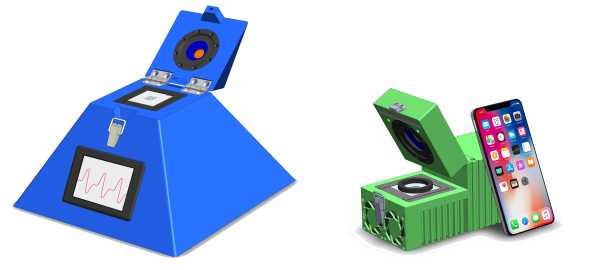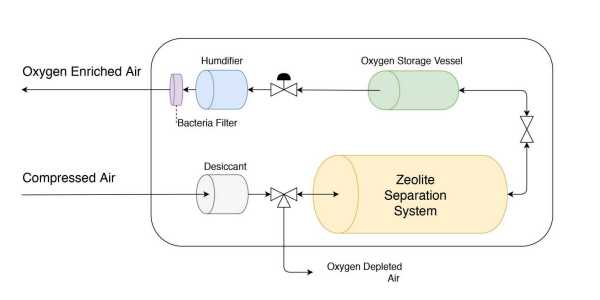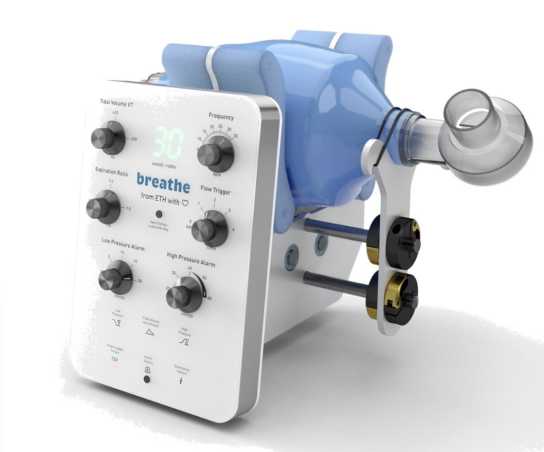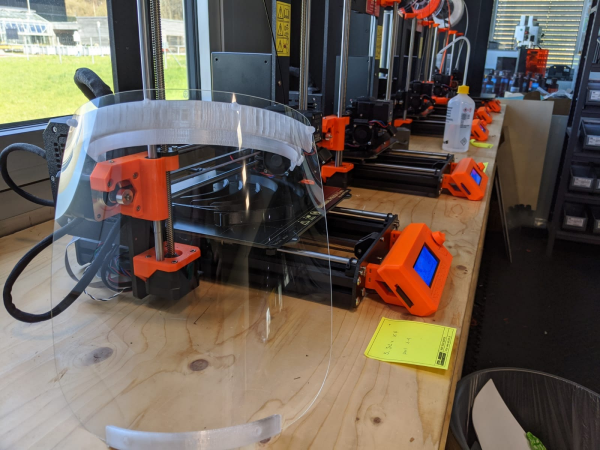Researchers and NGOs discuss COVID-19-related innovations
Several ETH research groups are currently developing medical equipment that could also benefit low- and middle-income countries in dealing with the COVID-19 pandemic. Since collaboration between academia and practitioners is essential when developing technologies for low resource settings, researchers and representatives of Swiss NGOs discussed how their research can contribute to addressing pressing challenges in developing countries related to COVID-19.
The current COVID-19 pandemic poses particular challenges for developing countries with weaker health care systems and limited resources. Medical devices for testing, preventing, and treating infectious diseases that are adapted to low resource settings are particularly needed. Several ETH research groups are currently developing medical equipment that could also benefit low- and middle-income countries.
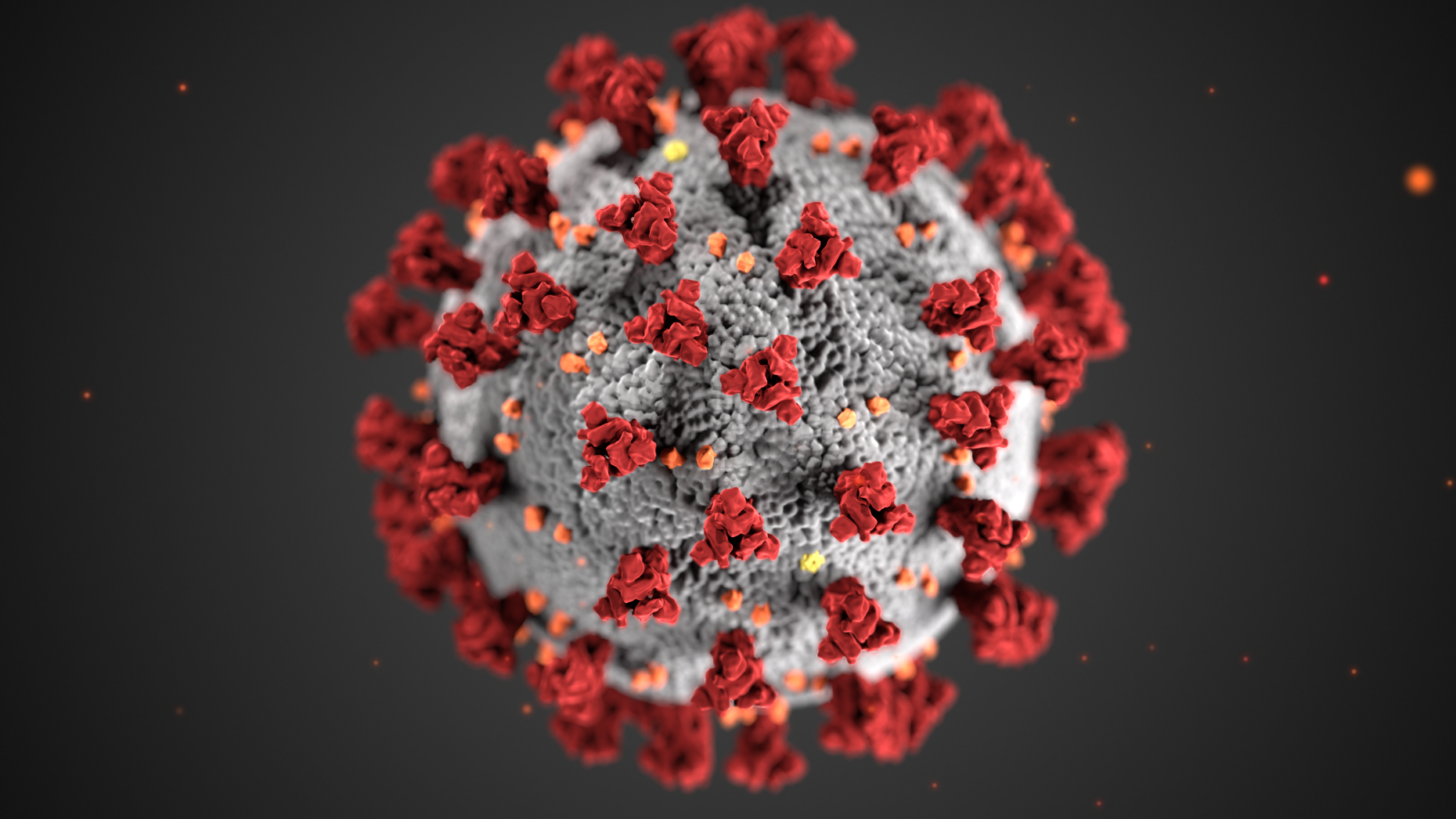
When co-creating technologies for low resource settings, a close collaboration between academia and practitioners is essential. This is why ETH4D, together with helpfulETH and the Competence Center for Materials and Processes, organized an online meeting between representatives of five Swiss NGOs and several ETH research groups to discuss how their research can contribute to addressing pressing challenges in developing countries related to COVID-19 and its consequences.
The representatives of NGOs external page Helvetas, external page ICRC, external page Solidar Suisse, external page Swiss Red Cross, and external page Solidar Med gave the researchers feedback on their projects and provided valuable insights into the current and future needs regarding infectious diseases that could be addressed with engineering solutions.
Among the innovative projects presented were peakPCR, a PCR diagnostic device that offers rapid and economical tests for SARS-COV-2, and an easy-to-build, cost-effective oxygen concentrator for the effective treatment of COVID-19 patients. Both projects were presented by Prof. Wendelin Stark’s research group of the Functional Materials Laboratory.
Prof. Kristina Shea introduced a low-cost and easy-to-use ventilator that she and her team at the Engineering Design and Computing Laboratory are currently developing. Collaborators on this project are Dr. Marianne Schmid Daners, Prof. Melanie Zeilinger, and the Swiss product designer Martin Meier.
Furthermore, Dr. Stephan Fox and Marcel Gort of the Product Development Group presented a low-cost face shield and several possibilities to adapt it to conditions in low-income countries, using, for example, used PET drinking bottles.
This first introductory meeting led to further exchanges between individual researchers and NGOs and both sides requested to have more opportunities to interact in the future.
This was also the kickoff for more matchmaking activities to increase collaborations between research and practice. In the quest to find sustainable solutions for global development, ETH4D supports such collaborations between ETH researchers, non-academic partners, and partners from the Global South through our bi-annual ETH4D Research Challenges. As a second step, we invited innovation teams of leading NGOs to present their work to researchers. Please let us know if you want to get involved in our matchmaking activities.
